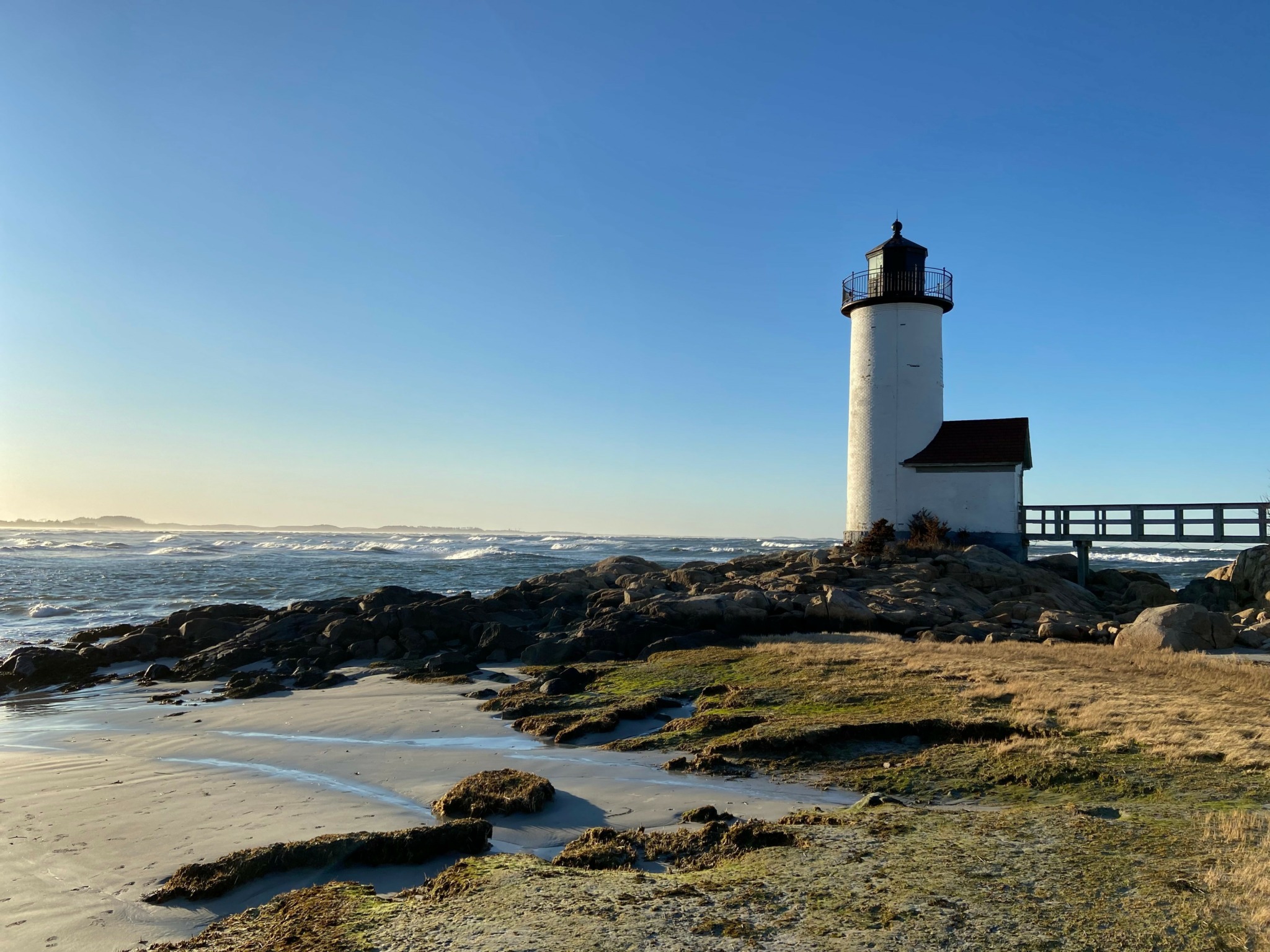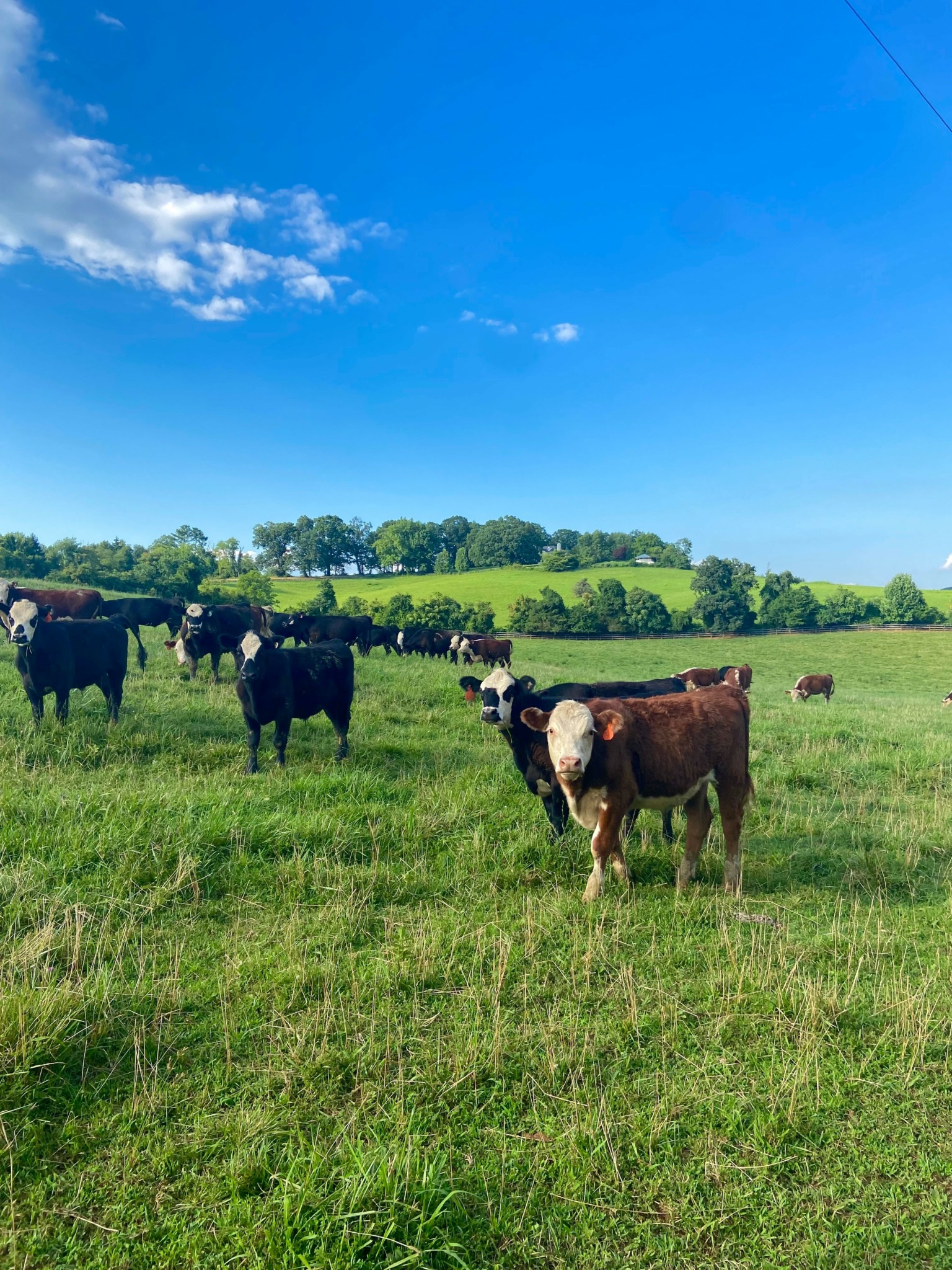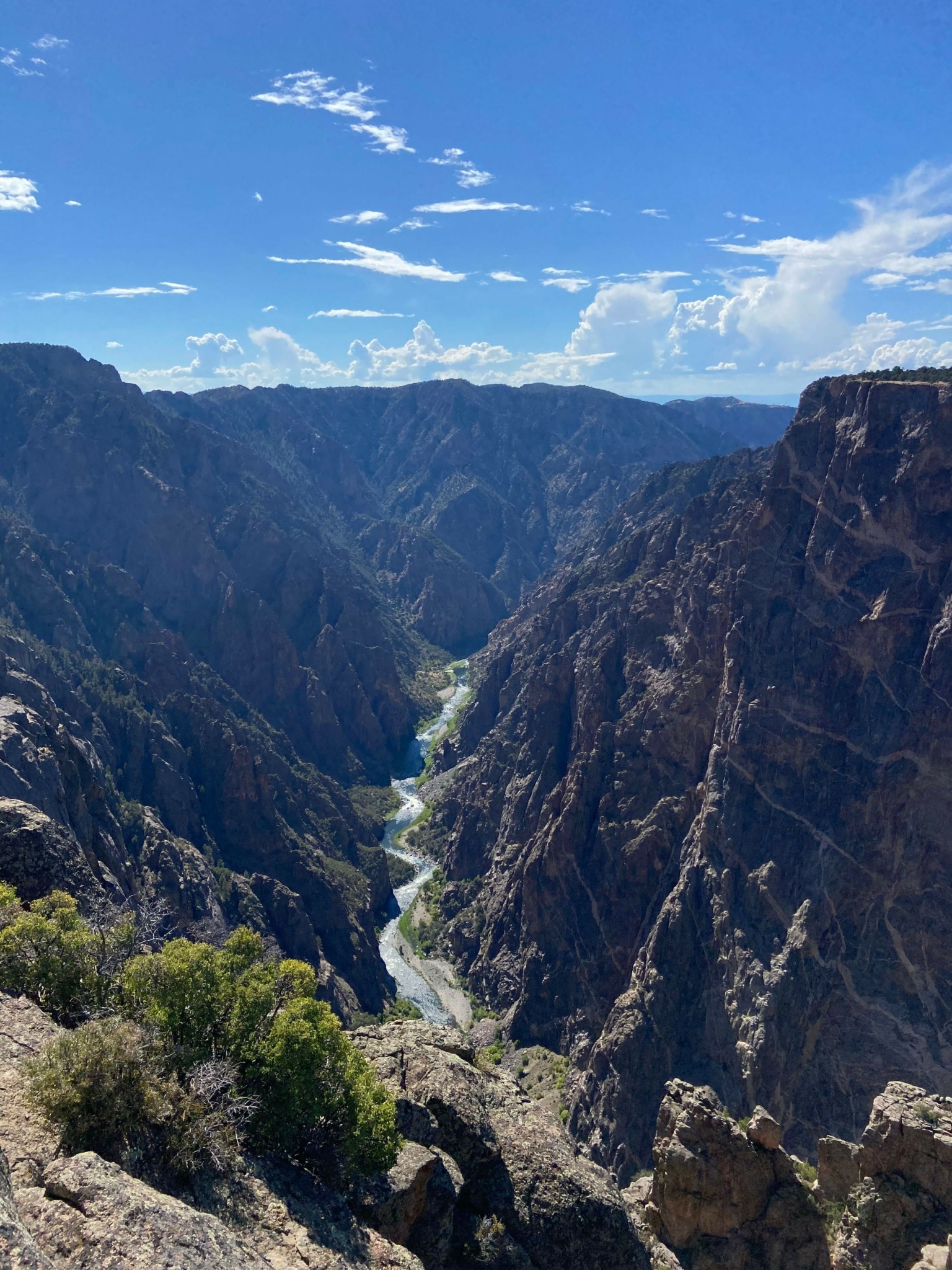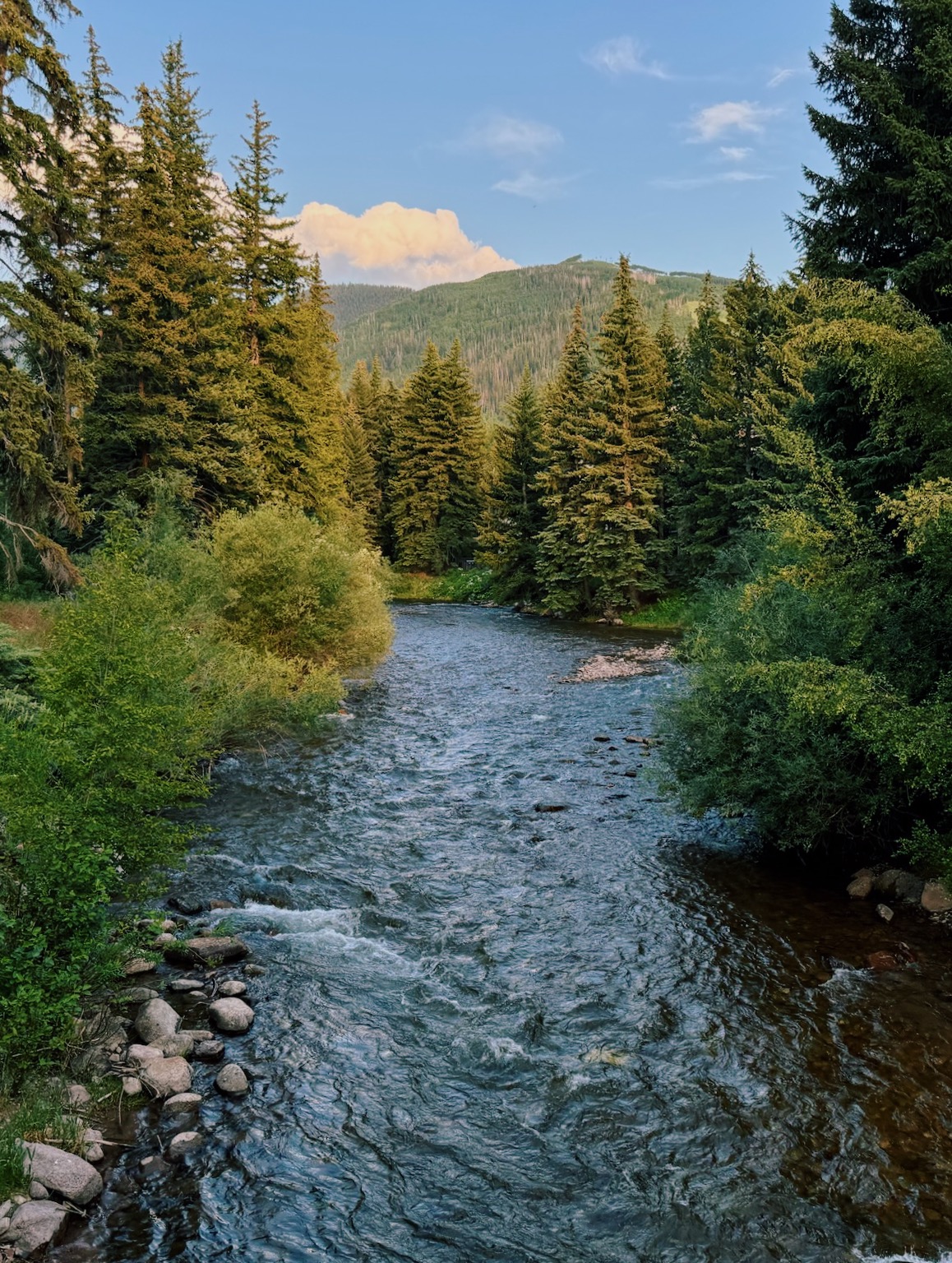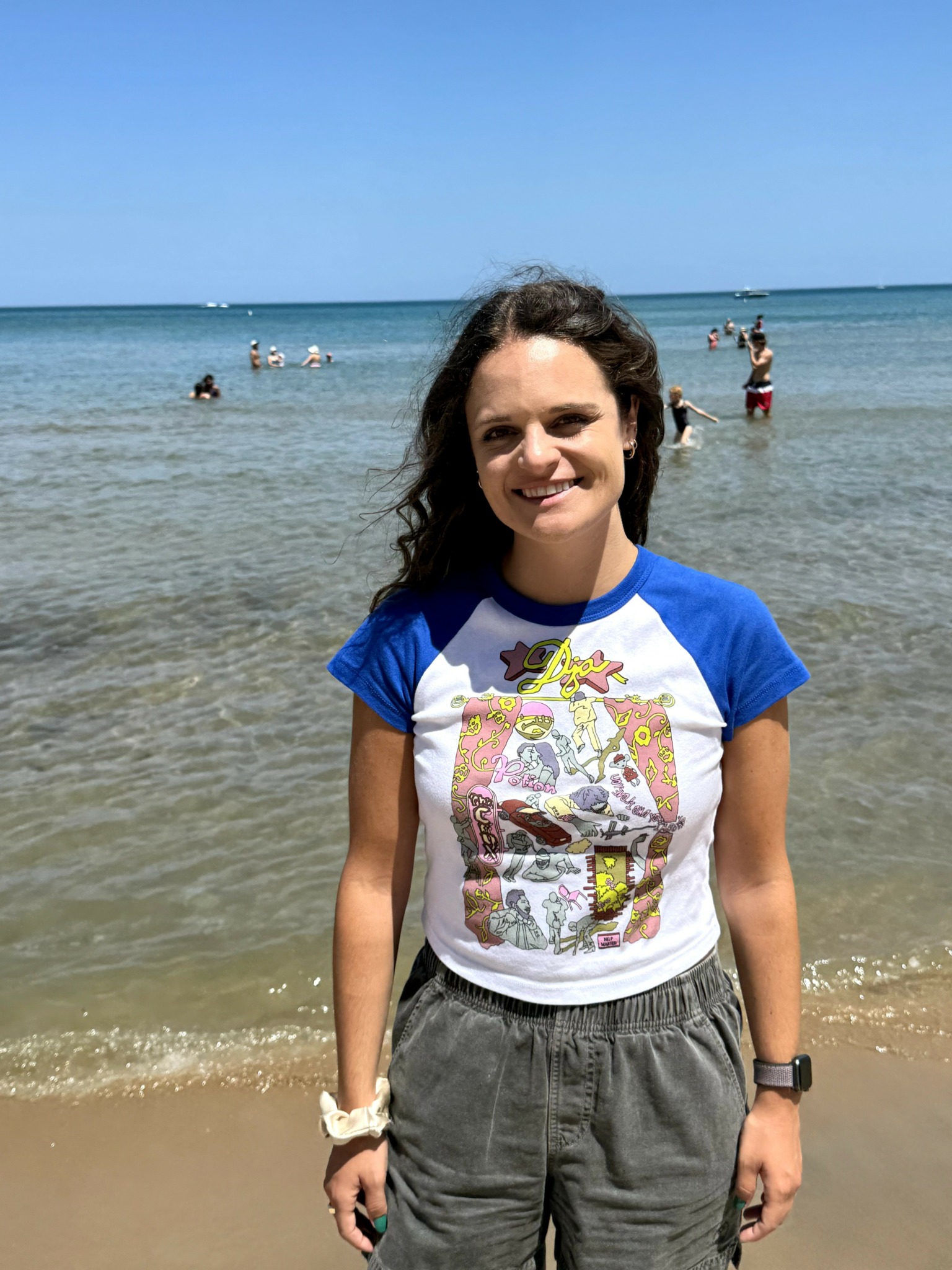We recently connected with Caroline Hockenbury and have shared our conversation below.
Hi Caroline, thanks for joining us today. We’d love to hear about when you first realized that you wanted to pursue a creative path professionally.
I’ve never not been a writer. As soon as I could wield a crayon, I got to work. From illustrating my kindergarten journal entries to compiling my first collection of poems, the act of composing has always felt integral—almost inexplicably—to who I am. It’s difficult to look back and pinpoint an exact moment I started taking this all seriously because, really, I always have.
And it’s funny because both of my parents work in the medical field. “How did my brother and I both end up writers?” I always joke. But when you consider how central literature was to our upbringing, it starts making sense. Our parents definitely instilled a love of storytelling in us. Library time was key. Gotta shout out my teachers, too, who got me writing consistently at an early age. And to the later ones who egged me on: Where would I be without you?
Poetry, in particular, invites curiosity and empathy. I think that’s why I feel so at home in the medium. The form has always felt powerful to me—almost holy. I have this memory of sitting on the backyard swing at eight years old: I must’ve felt swept up by the splendor of that particular Bluegrass afternoon because I bolted off to my dad’s office to write about it. Though the resultant poem (the oldest of mine on file) is largely nonsensical, it does ask big questions about nature and spirituality.
Interestingly, I remain in the same headspace two decades later. I’m still penning free verse about the universe. But now, I’m delving deeper, weighing—for example—how composting is an act of earthly compassion and how the forest in a Brothers Grimm tale might feel. My poetry asks, “What is the fate of a pink, plastic razor washed out to sea?” and “What dreams might a pig on a factory farm harbor?” There are few places I won’t go.
Throughout my twenties, I’ve studied poetry at both the undergraduate and graduate level and expanded my list of publications. Committing to an MFA program was a big moment for me, as I’d go on to strengthen my craft and community so much in that chapter. And earning the Myra Sklarew Award, which recognizes remarkable originality in a poetry thesis, made me feel like I might be onto something with my manuscript.
But perhaps my breakthrough—the best sign of encouragement to keep going I’ve received yet—came last year in the form of an acceptance to a modern ecopoetry anthology. My poem “Machete,” which juxtaposes American trick-or-treaters with child laborers in the cocoa industry, landed in a book featuring Pulitzer Prize winners and Poet Laureates, as well as other emerging poets. Finally holding the anthology and admiring its roster of authors made the many years of writing, reading rejection letters, and rewriting feel worth it.
This acceptance also made me more confident that readers were jibing with my particular style. A creative writer who also studied media, I let my reporter instincts kick in when I draft poetry. I regularly conduct research as part of my prewriting process. “Machete,” for example, braids personal narrative with almost-journalistic descriptions of West African forestland and cacao pod anatomy. It has been heartening to experience the positive response to my poems, knowing that this genre fusion feels fresh and engaging to people.
My decision to pick a lane and pursue ecopoetry in earnest was perhaps the best move I’ve made so far in my poetry career. I’ve sculpted myself into a specialist, which has helped me build a brand and cultivate authentic community. This topical specificity has served me well in this modern creative environment because publications crave thoughtful takes on nature and climate change.
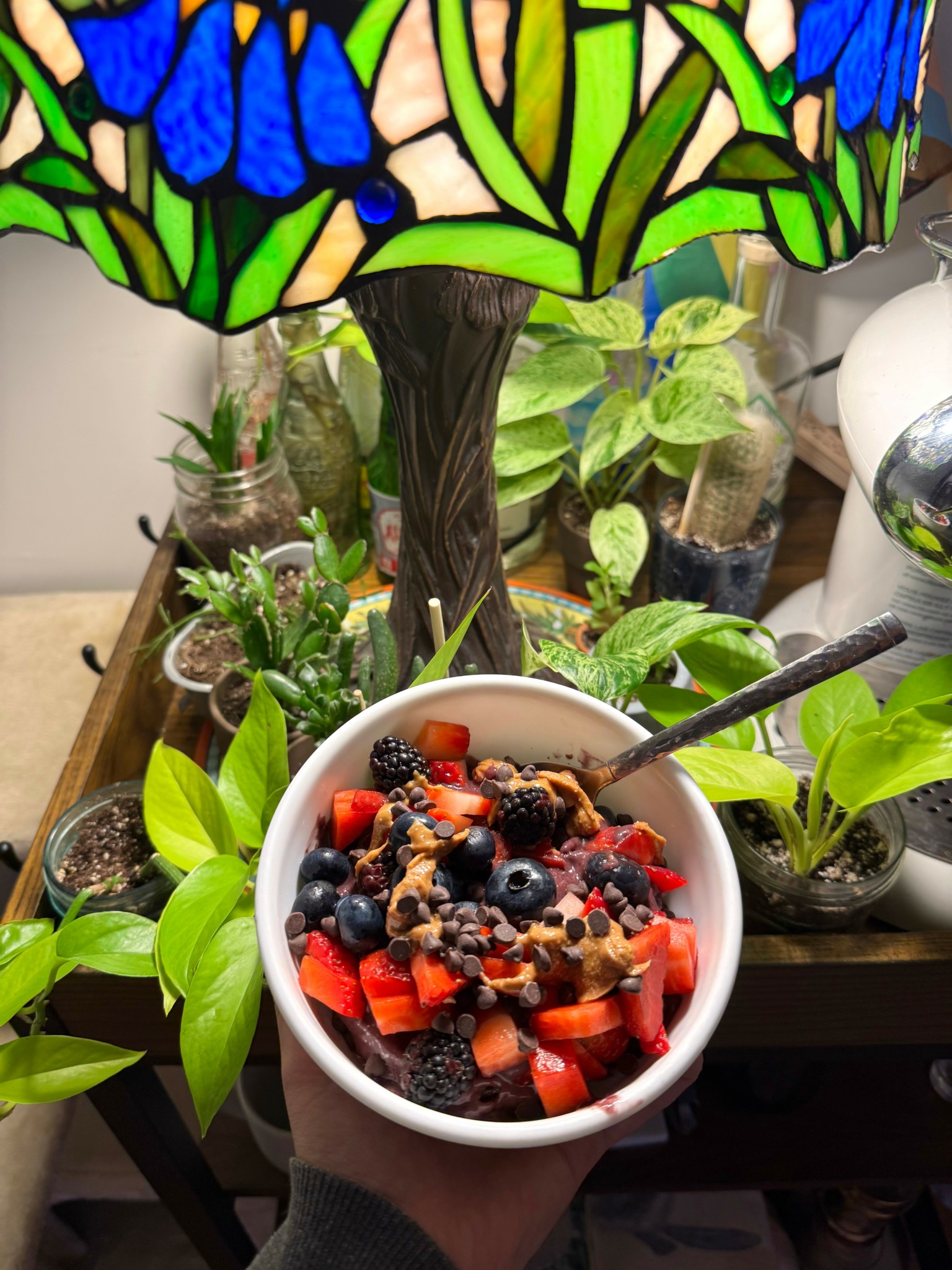
Caroline, before we move on to more of these sorts of questions, can you take some time to bring our readers up to speed on you and what you do?
My name is Caroline Hockenbury, and I am an ecopoet living in Washington, DC. My writing centers nature. Just as it lauds all there is to marvel at (and protect) in the great outdoors, my work also calls attention to various forms of ecological injustice. For this reason, I see myself as an activist, too.
I’m deeply interested in the concept of consumption and its intersection with compassion. I know that we humans have to take from—and even break—the earth to stay alive. (We scar the land when we plow for food, and we down trees for construction lumber.) But I dare to ask: How can we satisfy everyone’s needs in the gentlest way possible? And how can we weed out needless waste and violence along the way?
By taking a microscope to facets of nature that capture my imagination, I hope I can encourage others to inspect the depths of our world in the same way. I want my readers to find something natural that fascinates them and immerse themselves in it. My dream reader, after finishing one of my poems, laces up their boots, ambles down a wooded path, then identifies some glowing specimen in the leaves. (Bonus points if the interspecies interaction spawns a piece of writing.)
I grew up penning stories and personal narratives in Louisville, Kentucky—although a trip to Chicago, the summer before I started college, is likely the reason I’m a poet today. Back in 2014, my cousin introduced me to pocket poetry: short snippets she’d jotted in her Notes app while out on walks. The timing was just right. I was coming off my final semester of high school, in which a robust Walt Whitman unit had revolutionized my relationship with poetry. I remember reading “O Captain! My Captain!” and being gobsmacked by the sociopolitical impact a single poem could have. Would I ever have anything so important to say? In Mr. J’s class, my eyes were opened to the transformative power poetry could have. I was already inspired—so all it took was Jenéne reading her street-penny poem for me to realize I could try this kind of writing, too.
So, I began penning poetry in earnest my first semester at the University of Virginia. My English courses challenged me to both analyze verse and compose it. I learned to trust in the artistic process of workshopping, and late my second year, I gained entry to the university’s Area Program in Poetry Writing. Once in that space, I began to sense the intensity of my interest and expand upon my potential. In 2018, I earned my BA in creative writing and media studies. Five years later, I tacked on an MFA in creative writing. Since graduating from American University in 2023, I’ve been molding my thesis into a manuscript: an eclectic collection of nature poems.
My work is important because it raises awareness about crucial issues that we, as humans, must collectively address for future generations’ sake. It also pays homage to our planet’s mind-boggling beauty and outlines strategies for finding balance with our surroundings. My poetry is emotional, multidimensional, and informative.
I’m proudest of being published alongside Pulitzer winners in Attached to the Living World: A New Ecopoetry Anthology. But I’m also thrilled to have such a supportive literary community—one that runs on acts of service. We’re like mycelium distributing resources and practicing harmony under the forest floor.
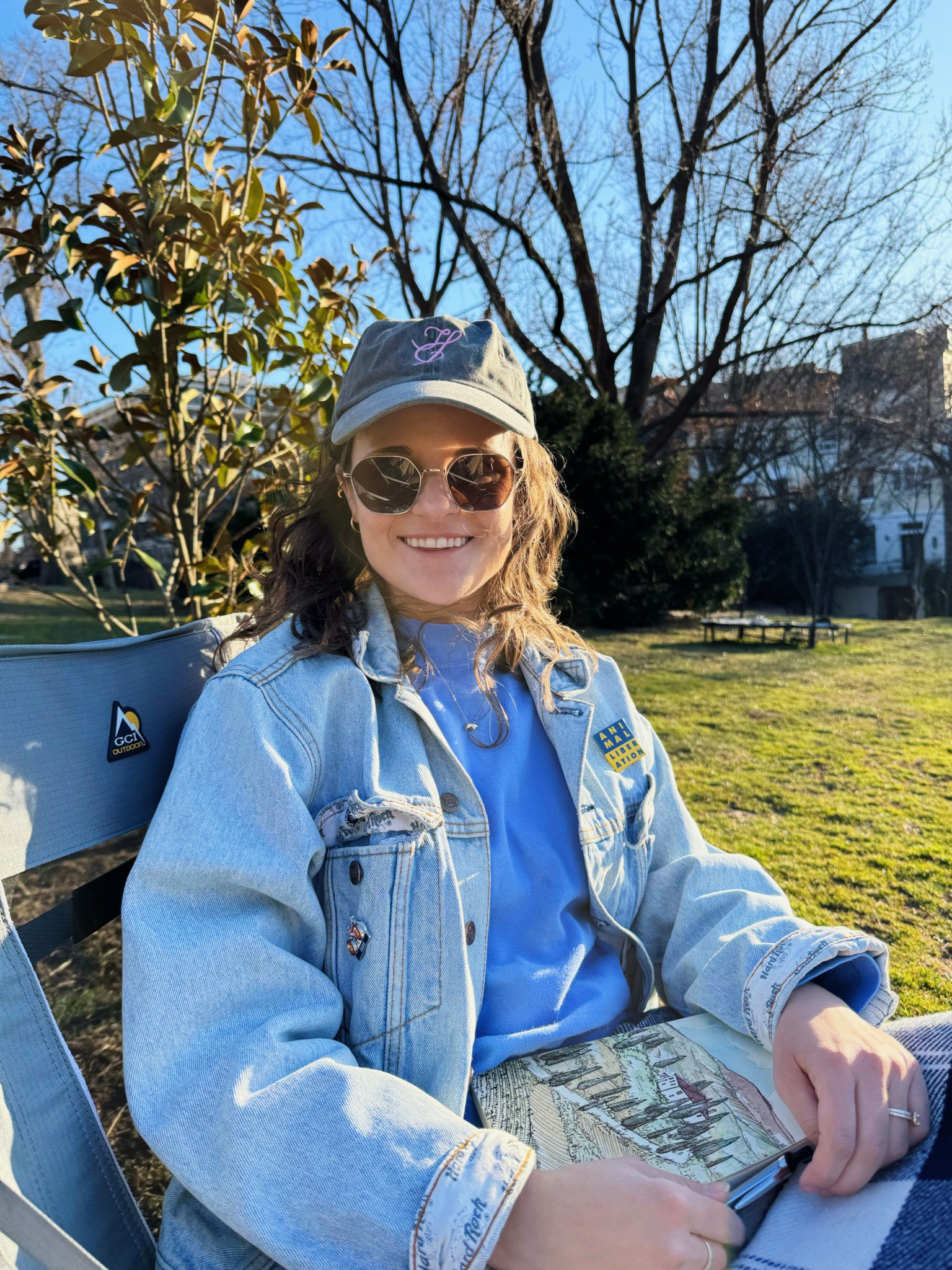
Is there something you think non-creatives will struggle to understand about your journey as a creative? Maybe you can provide some insight – you never know who might benefit from the enlightenment.
The shuttering of language-based (i.e., creative writing and foreign language) departments at universities across the country deeply concerns me. Now more than ever, we should be investing in the humanities, honing our communications skills and leaning into storytelling. Polarization is straining our communities—but we can fight back by inhabiting other beings’ points of view. This is where literature in particular is so deeply valuable: In the words of John Green, “My case for books is that they shrink the empathy gap.” Reading and writing are the tools we must use to come together and dismantle injustice.
Sadly, I don’t think our society shows poetry enough love. This may have to do with the rigid way it has been approached in American schools throughout the years. Many claim, “Poetry goes over my head” and leave it at that. One might ask, sincerely, “What value does a priceless poem really add to society?”
Well, first, poems invite you to briefly inhabit a different reality. The good ones take you out of yourself and challenge your brain to work in new ways.
Second, they can provide solace as meaning-makers in a vast, uncertain world. This is perhaps the most important point—and something non-writers might not know about. Being a poet isn’t about gaining fame, making money, or even boosting your career. It’s more of an alternative way of living. Poets approach each day with an open heart and a desire to learn. We invite the little things to surprise us, and we can zoom out from micro to macro in a matter of seconds. Our lives are made up of moments, and we poets dissect them with precision and care.
And personally, through poetry, I strive to find balance with other people and the planet.
Writing poetry means committing to a different way of being in the world. It’s not a response to capitalism. And while I do hope to sell my book in the near future, the prospect of financial gain isn’t what fuels me. It’s the promise that I will keep inching closer to an answer to the age-old question: Why am I here, and how should I spend my precious time?
Composing poetry, I satiate my desire to create. I search for patterns and purpose amidst the entropy. I find my place in nature and nestle in.
There is no stone I plan to leave unturned. Socrates (supposedly) articulated it best: “The unexamined life is not worth living.”
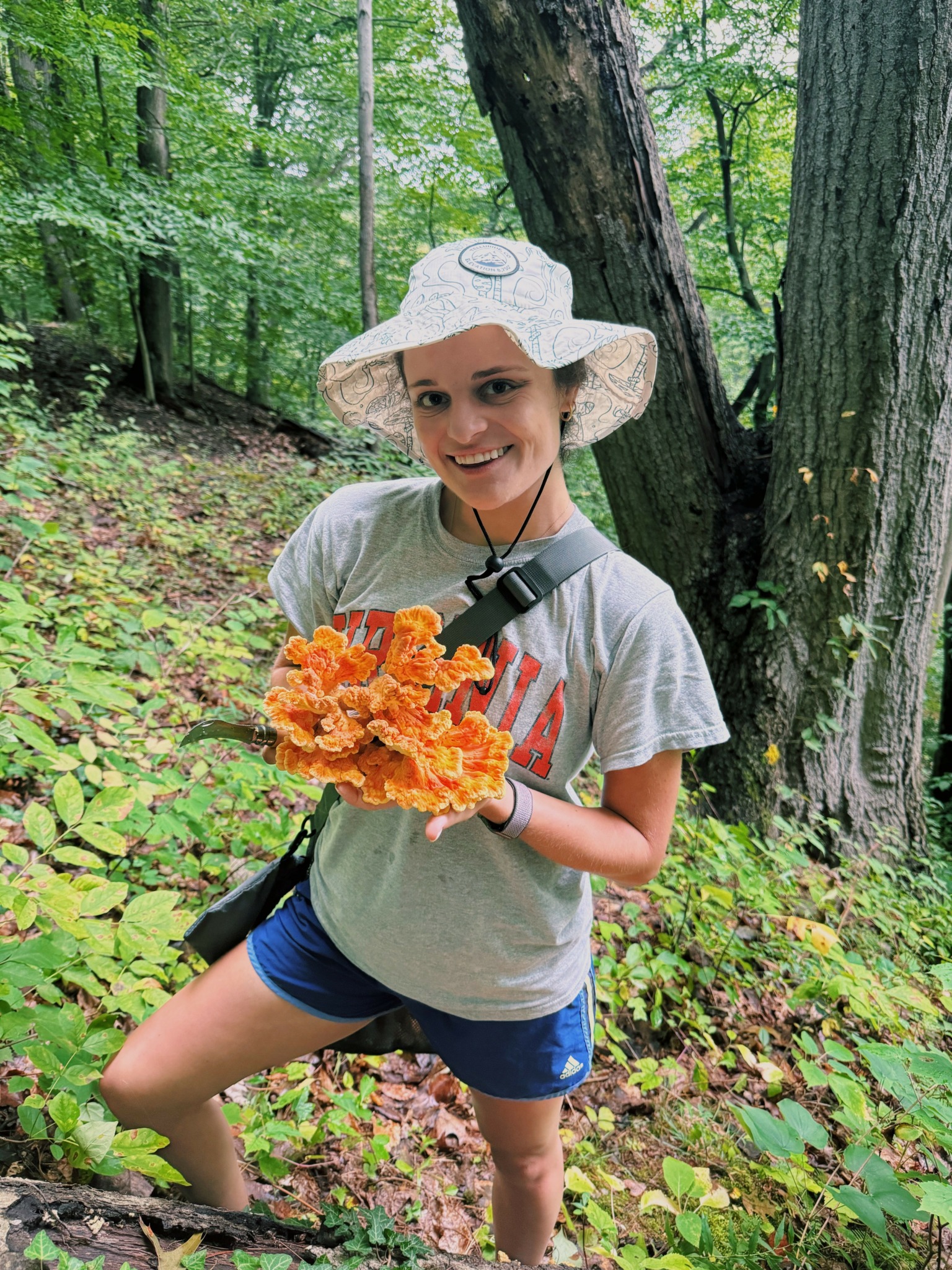
Is there a particular goal or mission driving your creative journey?
I want my readers to consider what ethical consumption might look like in their own life. I hope the reverence with which I write about nature moves others to reevaluate their own relationship with the planet. And if I can inspire someone to linger a bit longer in the presence of birdsong or start a compost pile or learn the names of the trees in their backyard or to even attempt a Meatless Monday, then I’ve done my job.
You can read more, if you wish, at carolinehockenbury.com. :-)
Contact Info:
- Website: https://www.carolinehockenbury.com
- Instagram: https://www.instagram.com/chockenbury/
- Linkedin: https://www.linkedin.com/in/caroline-hockenbury-9463b013b/
- Twitter: https://x.com/sidewalkchock
- Soundcloud: https://soundcloud.com/chockenbury
